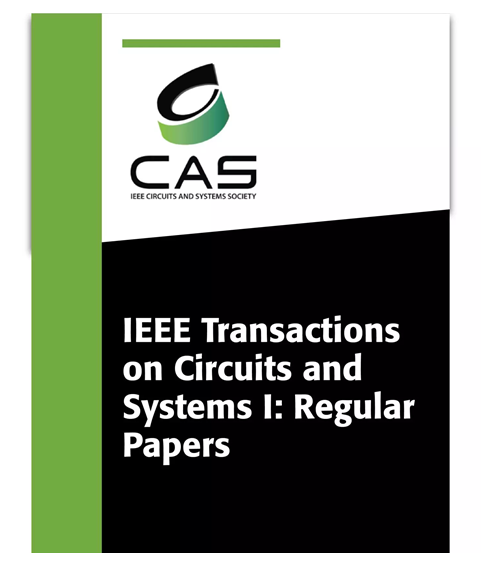A Novel Approach to Prescribed-Time Cooperative Output Regulation in Linear Heterogeneous Multi-Agent Systems Using Cascade System Criteria
IF 5.2
1区 工程技术
Q1 ENGINEERING, ELECTRICAL & ELECTRONIC
IEEE Transactions on Circuits and Systems I: Regular Papers
Pub Date : 2025-04-16
DOI:10.1109/TCSI.2025.3558826
引用次数: 0
Abstract
This paper investigates the prescribed-time cooperative output regulation (PTCOR) for a class of linear heterogeneous multi-agent systems (MASs) under directed communication graphs. As a special case of PTCOR, the necessary and sufficient condition for prescribed-time output regulation of an individual system is first explored, whereas only sufficient conditions are developed in the literature. A PTCOR algorithm is subsequently developed, composed of prescribed-time distributed observers, local state observers, and tracking controllers, utilizing a distributed feedforward method. This approach converts the PTCOR problem into the prescribed-time stabilization problem of a cascaded subsystem. The criterion for the prescribed-time stabilization of the cascaded system is proposed, differing from that of traditional asymptotic or finite-time stabilization of a cascaded system. It is proven that the regulated outputs converge to zero within a prescribed time and remain at zero afterward, while all internal signals in the closed-loop MASs are uniformly bounded. Finally, the theoretical results are validated through two numerical examples.基于级联系统准则的线性异构多智能体系统规定时间协同输出调节新方法
研究了有向通信图下一类线性异构多智能体系统(MASs)的规定时间协同输出调节问题。作为PTCOR的特例,本文首先探讨了单个系统定时输出调节的充分必要条件,而文献中只给出了充分条件。随后开发了一种PTCOR算法,该算法利用分布式前馈方法,由规定时间的分布式观测器、局部状态观测器和跟踪控制器组成。该方法将PTCOR问题转化为级联子系统的定时镇定问题。给出了与传统的级联系统的渐近或有限时间镇定判据不同的级联系统的规定时间镇定判据。证明了调节输出在规定的时间内收敛于零并保持为零,而闭环质量中的所有内部信号均均匀有界。最后,通过两个算例对理论结果进行了验证。
本文章由计算机程序翻译,如有差异,请以英文原文为准。
求助全文
约1分钟内获得全文
求助全文
来源期刊
CiteScore
9.80
自引率
11.80%
发文量
441
审稿时长
2 months
期刊介绍:
TCAS I publishes regular papers in the field specified by the theory, analysis, design, and practical implementations of circuits, and the application of circuit techniques to systems and to signal processing. Included is the whole spectrum from basic scientific theory to industrial applications. The field of interest covered includes: - Circuits: Analog, Digital and Mixed Signal Circuits and Systems - Nonlinear Circuits and Systems, Integrated Sensors, MEMS and Systems on Chip, Nanoscale Circuits and Systems, Optoelectronic - Circuits and Systems, Power Electronics and Systems - Software for Analog-and-Logic Circuits and Systems - Control aspects of Circuits and Systems.

 求助内容:
求助内容: 应助结果提醒方式:
应助结果提醒方式:


